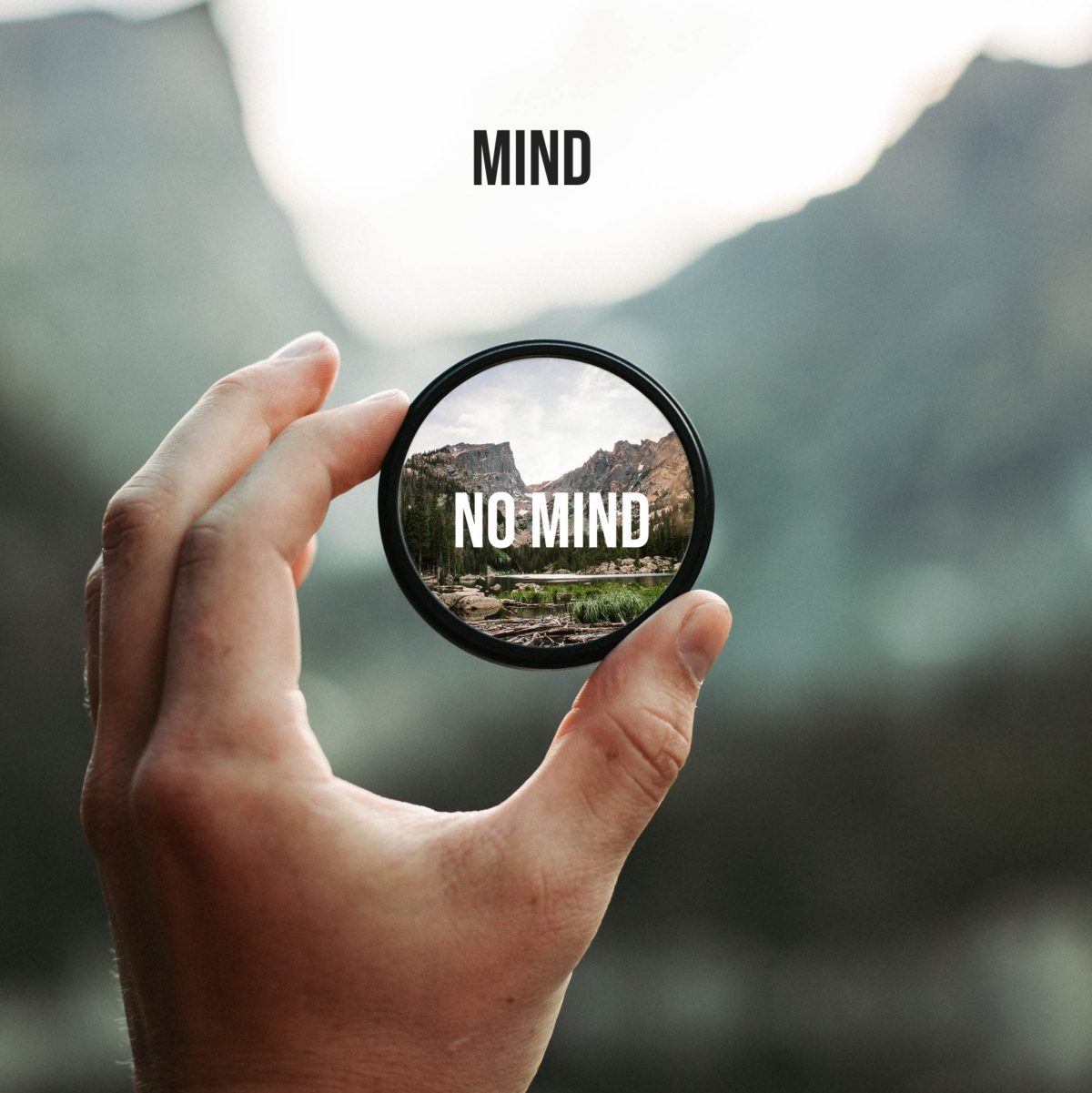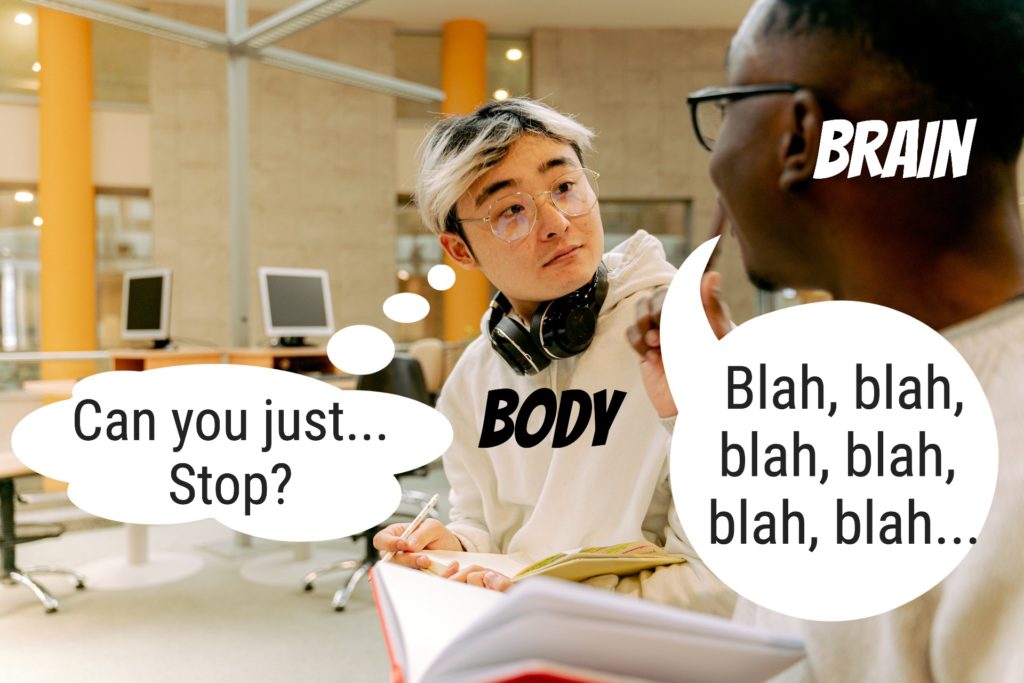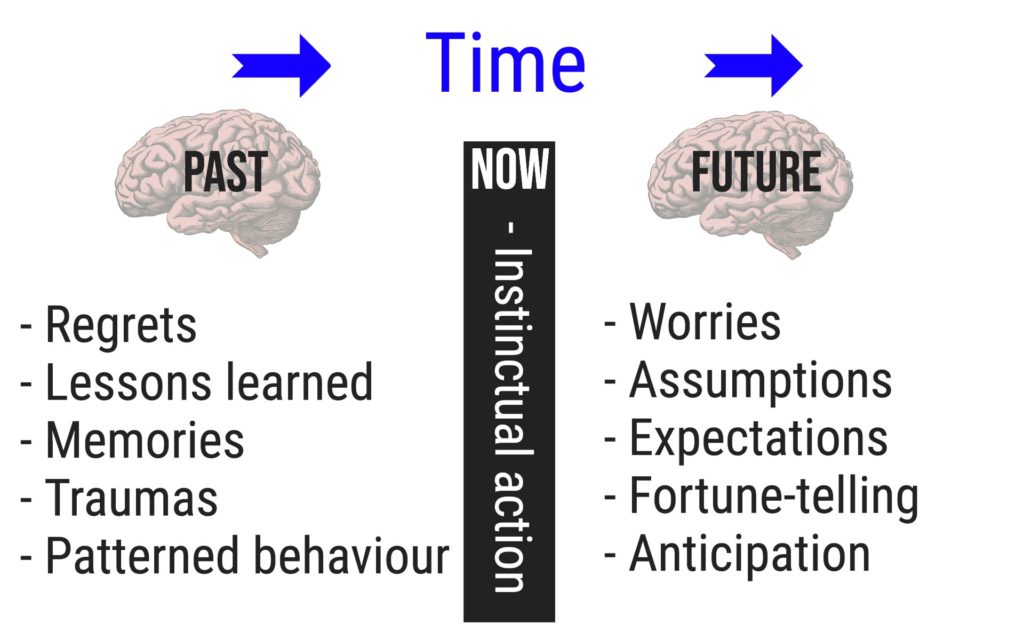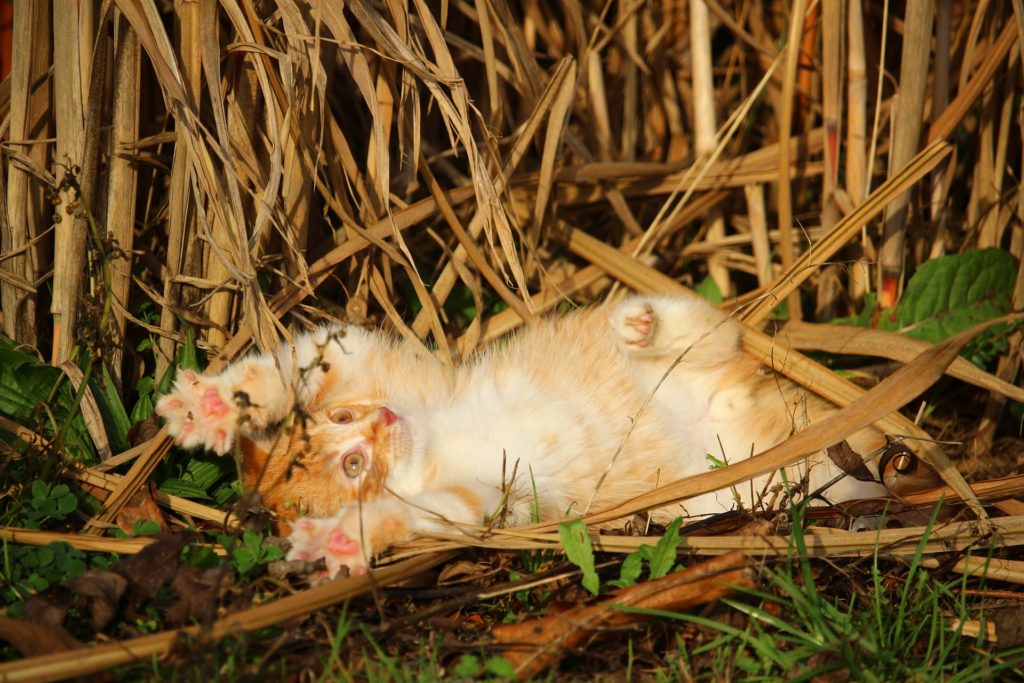I used to love listening to motivational speeches, the kind you can find on YouTube, usually with lots of rah-rah music in the background.
One of the most important lessons those inspirational people managed to pound into my head was this: Find a way to make your goals important to you.
Doesn’t that sound obvious? And yet, most of us only half-a** our goals, having little appreciation for how hard it can be to stay motivated during those long plateaus where it’s seems like nothing’s working.
Many adults conclude after a few failed attempts that they just don’t have that ‘special stuff’ that enables others to achieve their goals – never realizing they simply weren’t using the right mental tool for the job.

















